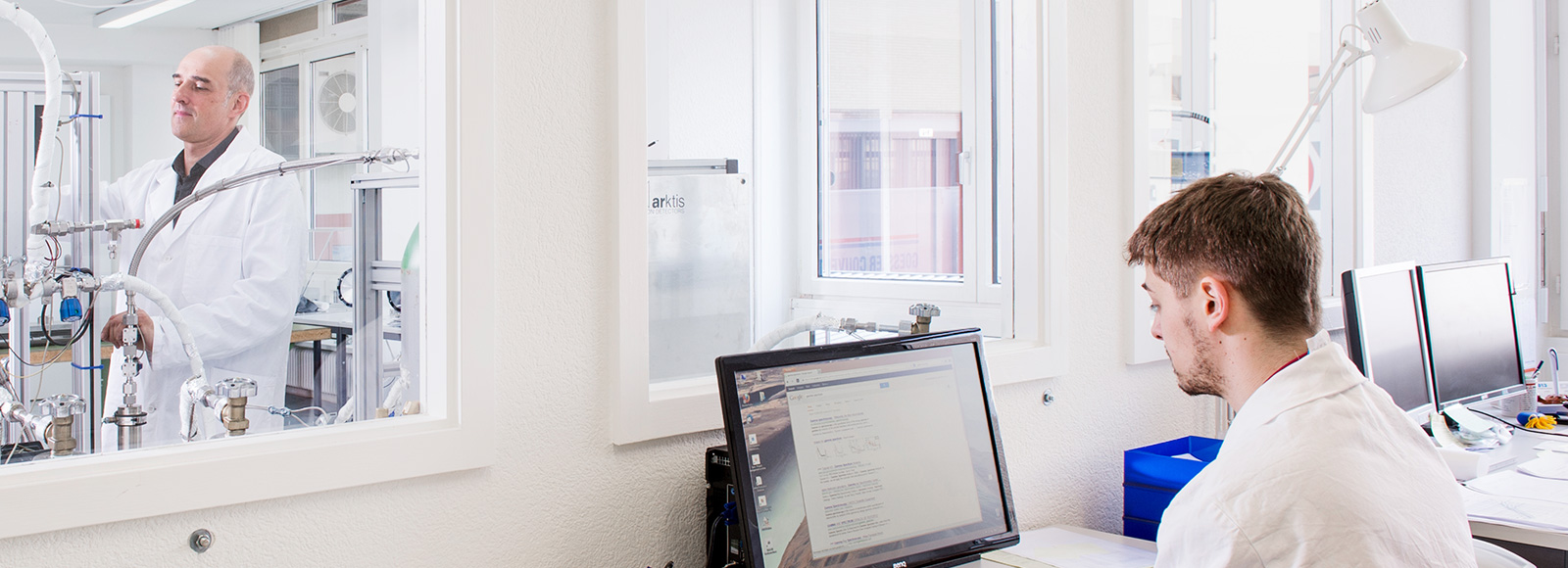
About Arktis
Arktis Radiation Detectors is a Swiss company and has taken a fresh look and approach to the important business of detecting radiological and nuclear materials that pose a threat to customer's safety and security. Arktis develops next generation systems that categorize, prevent, and intercept radiological & nuclear materials in addition to contaminated cargo.
Focusing on performance, effectiveness and efficiency, Arktis’ view of innovation includes optimizing operational performance, lowering cost barriers to facilitate adoption, and working collaboratively with the end user throughout the product lifecycle. Our modular and scalable systems enhance security and ease of operations for its customers. Arktis is ISO 9001:2015 certified.
Arktis was incorporated in 2007. The founding team of Rico Chandra, Giovanna Davatz and Mario Voegeli, formed the company in the wake of a number of major events that highlighted the need to counter the emerging nuclear threat to world security. The team leveraged their extensive understanding of nuclear physics to apply it to the design and production of next generation radiation detection systems.
Arktis employs highly skilled scientists and engineers who have developed proprietary radiation detection technologies based on research originally undertaken at the European Organization for Nuclear Research (CERN) on behalf of ETH Zurich, a leading European technical university. A key feature of the innovative detection methods developed by Arktis is that it provides customers with a unique potential to discover shielded nuclear materials such as Plutonium.
These new technologies and products provide a step change in capability over systems currently in use. A range of next generation systems is being offered, which can be used across a wide variety of applications and markets. Arktis is bringing these innovative radiation detection systems to customers and government agencies around the world.
"The threat of nuclear and radiological terrorism remains one of the greatest challenges to international security, and the threat is constantly evolving."
Nuclear Security Summit 2016 communiqué
